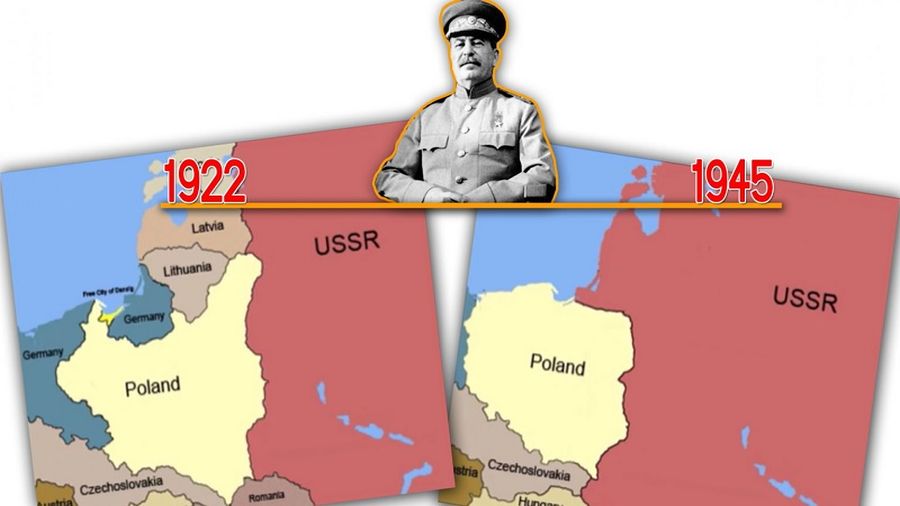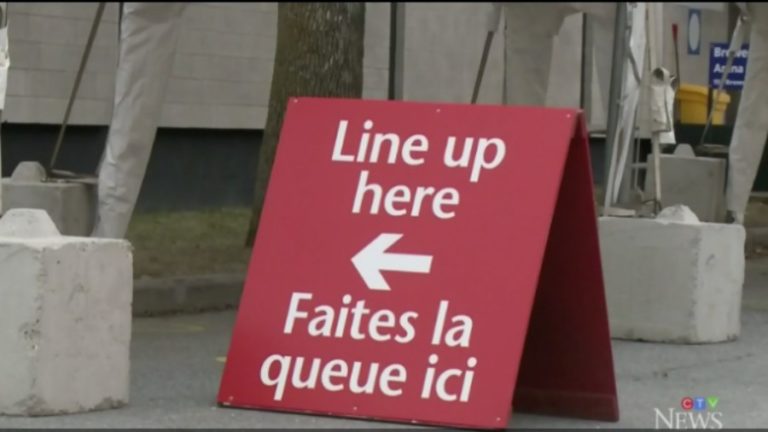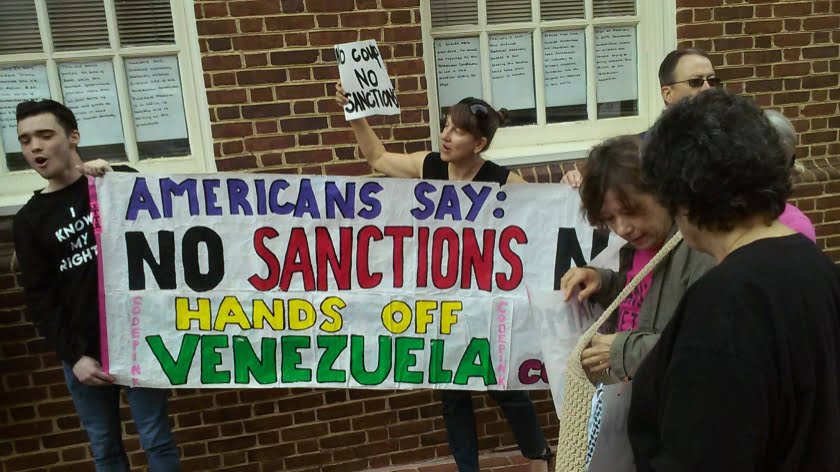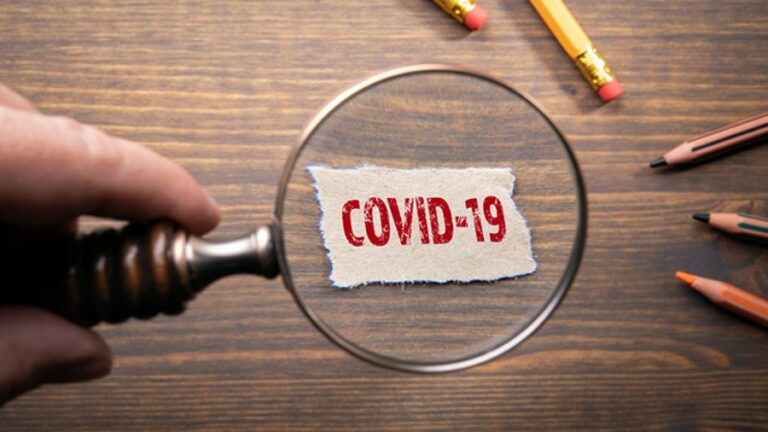Soviet Reparations to Poland
The issue of Russian/Soviet reparations to Poland is driven much more by Warsaw’s grand strategic designs to revive its long-lost role as a Great Power than the historical justice that it claims is behind this cause. It’s a clever means for that aspiring regional leader to expand its envisaged influence at the expense of Russia and Germany, which would in turn create space for it to rise in their place and thus fill the resultant void.
The Polish Parliament (Sejm) just passed a resolution demanding reparations from Germany for the Nazis’ destruction of their country during World War II, the geopolitics of which the author earlier analyzed in a piece that can be read here. The present one will focus on the complementary demand of Russian reparations for the USSR’s military intervention into the Second Polish Republic. It began on 17 September 1939, two and a half weeks after the Nazis’ invasion, and resulted in the disputed Eastern Borderlands’ (“Kresy”) incorporation into the Soviet Republics of Belarus, Lithuania, and Ukraine.
The issue of reparations related to those developments arose out of a last-minute amendment to the resolution mentioned in the introduction declaring that “Poland has not yet received appropriate financial compensation and atonement for the losses suffered by the Polish State during World War II as a result of aggression by the Soviet Union.” Polish President Andrezj Duda said shortly after that “Germany started World War II and attacked Poland. Of course, Russia joined this war later on and so in my view, we should demand reparations also from Russia.”
Duda’s proposal prompted Russian Duma Speaker Vyacheslav Volodin to accuse him of violating his country’s laws by rehabilitating Nazism since it’s illegal to compare the USSR to its existential enemy. He added on Telegram that “It is right for the supervisory authorities to study the comment of Andrzej Duda and take appropriate measures to bring him to criminal responsibility.” Volodin also reminded everyone that “Today Poland exists as a state only thanks to our country.” Having explained the immediate background of this dispute, some brief words will now be shared about its deeper history.
Poland regards the Soviet military intervention as an unprovoked invasion that was preplanned in collusion with the Nazis and thus makes the USSR equally responsible for sparking World War II. Russian foreign spy chief Sergey Naryshkin, however, argued in his detailed article for RT on the 80th anniversary of the Molotov-Ribbentrop Pact that “There was NO other way”. President Vladimir Putin also devoted plenty of attention to the issue of Polish-Soviet relations at that time in his piece about “Shared Responsibility to History and our Future” published on the 75th anniversary of the Great Victory.
After World War II, the “Kresy” remained part of the Soviet Union but Poland received territory from former Nazi Germany in exchange, which Warsaw had historically claimed as being part of its first-ever state a millennium ago but had only briefly controlled since then. Furthermore, these “Recovered Territories” were ethnically cleansed of the millions of Germans who had lived there for centuries. The USSR also rebuilt post-war Poland, which had by then become its “junior partner”. The Soviets considered this a charitable act of socialist solidarity while many Poles regarded it as an occupation.
The last two preceding paragraphs were included in this analysis in order to point intrepid readers in the direction of learning more about each side’s polar opposite interpretations of events. It’s their independent right to support whichever school of historical thought that they want, though their choice doesn’t make a difference when it comes to objectively analyzing the geopolitics of Russian/Soviet reparations to Poland. That’s because Warsaw doesn’t just want what it claims is historical justice, but to advance its strategic interests in the present context of the New Cold War.
To explain, Poland is planning to accelerate the expansion of its regional influence in Central & Eastern Europe (CEE) on this soft power basis by appealing to the popular perceptions of many people in this part of the continent who hold similar grudges against the erstwhile USSR. It hopes to catalyze a chain reaction of copycat demands that’ll create an emotional basis for bringing their societies closer together in the present, both in terms of bonding over what they regard as their shared historical trauma as well as the hysterical scenarios that their leaders have convinced them to expect about Russia’s future plans.
Not only could Polish influence sweep across the “Three Seas Initiative” (3SI) states and thus speed up Warsaw’s plans to build a regional reform-minded bloc within the German-dominated EU, which it plans to employ for preventing Berlin from completing its century-long plot to capture control of the continent, but it could also create a formidable barrier to any future Russian-EU rapprochement. This is because that bloc’s CEE/3SI members could make such a scenario conditional on Moscow complying with their reparations demands, which they wouldn’t realistically expect Russia to do anyhow.
With these two ulterior geopolitical motives in mind, the issue of Russian/Soviet reparations to Poland is revealed as being driven much more by Warsaw’s grand strategic designs to revive its long-lost role as a Great Power than the historical justice that it claims is behind this cause. It’s a clever means for that aspiring regional leader to expand its envisaged influence at the expense of Russia and Germany, which would in turn create space for it to rise in their place and thus fill the resultant void. By masterfully manipulating “negative nationalism”, Poland’s plans will probably achieve some impressive success.







